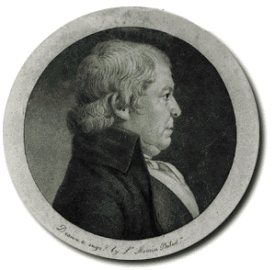Forum Network
Free online lectures: Explore a world of ideas

The Paul Revere Memorial Association actively preserves and interprets two of Boston's oldest homes. We provide our increasingly diverse audience with remarkable educational experiences based on historical issues and social history themes relevant to our site, our neighborhood, and Boston from the 17th through the early 20th century. Today the Association is an American Association of Museums accredited museum with a full range of operations and programs. Our properties are key sites along Boston's Freedom Trail, private cooperative sites in the Boston National Historical Park, and members of the Boston House Museum Alliance. We fulfill our mission by offering educational programs for all ages - walking tours, concerts, living history presentations, lectures, school programs and much, much more. We maintain an important collection of Revere-made objects, household artifacts, items commemorating the midnight ride, and items related to Revere's life and work.